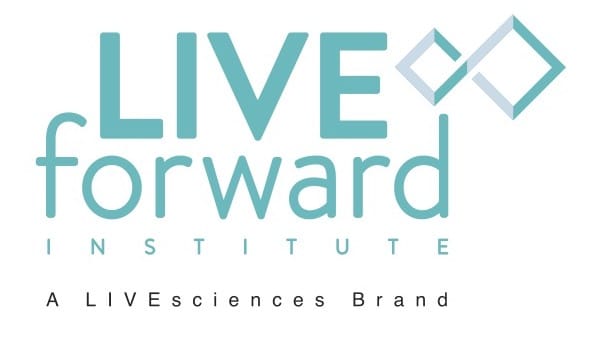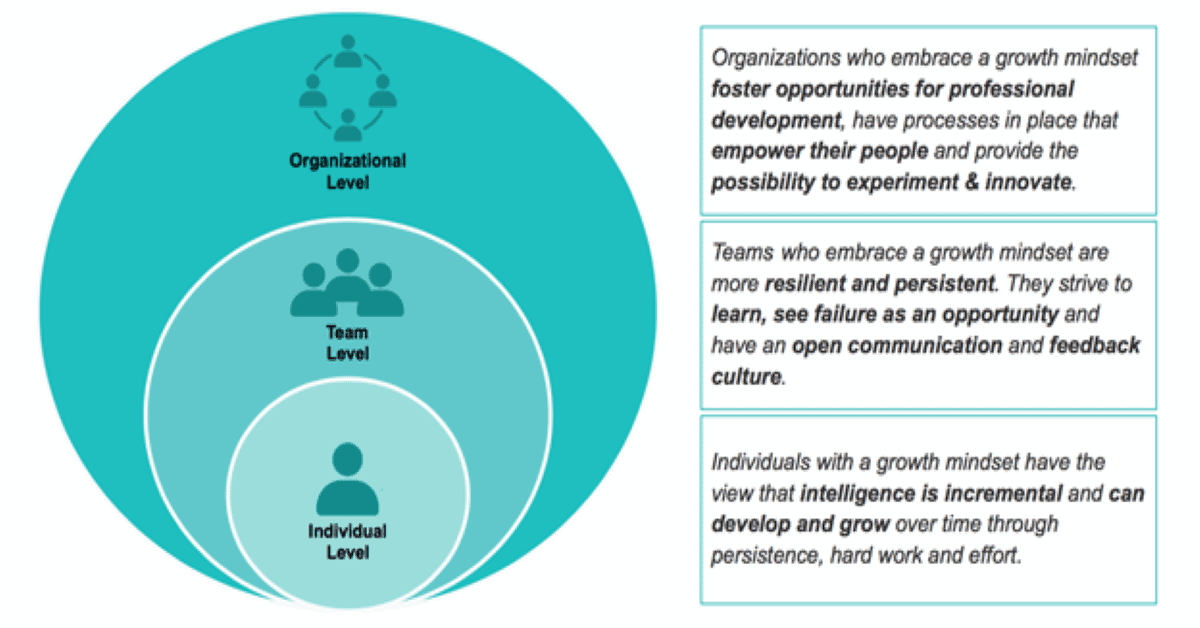The topic of growth mindset gained such a huge amount of attention over the last few months, that it became one of those buzzwords you hear and read about everywhere. But what does “growth mindset” actually mean? What is it about, and why should we all develop a hands-on approach when exercising our minds to develop a growth mindset?
In 2015 Carol Dweck, a professor from Stanford University, did some groundbreaking research on the topic of Fixed vs. Growth Mindset. Both fixed and growth mindset, are mindsets we can cultivate. With a growth mindset, we embrace problems as opportunities to learn, whereas with a fixed mindset, we usually avoid them due to fear of failure. Carol Dweck describes a growth mindset in her book “Mindset: Changing The Way You think To Fulfil Your Potential” as follows:
“In a growth mindset, people believe that their most basic abilities can be developed through dedication and hard work—brains and talent are just the starting point. This view creates a love of learning and a resilience that is essential for great accomplishment.” (Carol Dweck)
According to Dweck, “growth mindset” characterizes a mindset which differs from thinking in boxes and working in silos, by being open to learning and practicing new things. Hence, having a growth mindset means stepping out of our comfort zone into the learning zone, and developing new skills and capabilities. Seeing problems as interesting challenges, and life as an exciting journey with endless opportunities.
Still, the question remains; Why do we not just think and act with a growth mindset? What is the issue?
We are very good at knowing what we are not. We tend to put ourselves in boxes and say things like “I am who I am”, or, “I am too old for this”. With this thinking, we label ourselves and tell ourselves that we are not capable of doing or learning certain things for various reasons. We eliminate what we could be.
Neuroscientists confirm that with practice, our brain can be trained like any other muscle in the body, therefore it is far more malleable than once thought. This is called neuroplasticity. When we learn, connections between the brain’s cells (neurons) become stronger and faster. Therefore, tasks which were once very challenging, or even impossible, can become easier as the brain evolves and changes. These connections or synapses are like superhighways, the more we practice them, the faster they become. Our brain responds to changing environments and situations. It continually reorganizes itself throughout our lifespan. In the same way that the brain is changeable and capable of adapting, so are we. Skills can be learned, while others need to be “unlearned”. Abilities can be developed, and characters can be cultivated.
Now back to the question asked in the beginning: Why is having a growth mindset such a big deal in today’s business environment? Why should we care about it and start to practice our minds?
What we have seen is that when we adopt a growth mindset, we open ourselves up to possibilities and explore our potential. Furthermore, having a growth mindset fosters our ability to be adaptive and resilient, and this is what the work environment requires from employees today.
If we look at the business environment, growth mindset happens on three different levels. On the individual level, the team level and the organizational level.
Each level affects the other, therefore we as individuals can also make a difference. We can contribute to shape a team and, to a degree, a whole organization that embraces a growth mindset.
Thus, the ultimate question is now: How can we make a difference and take a step towards a growth mindset?
A big part of adapting a growth mindset is testing and trying. We should celebrate experimenting and embrace challenges as opportunities. FAIL is an acronym that stands for “First Attempt In Learning”. We can start to encourage other people to develop new skills and be inspired by their success. This not only motivates them, it also motivates us to develop and improve ourselves. We recognize that we can learn anything if we want it badly enough, but for this to be achievable we have to be open to feedback and constructive criticism. Growth mindset begins with us, but first and foremost within us. Reflect, adapt, grow, and succeed!




